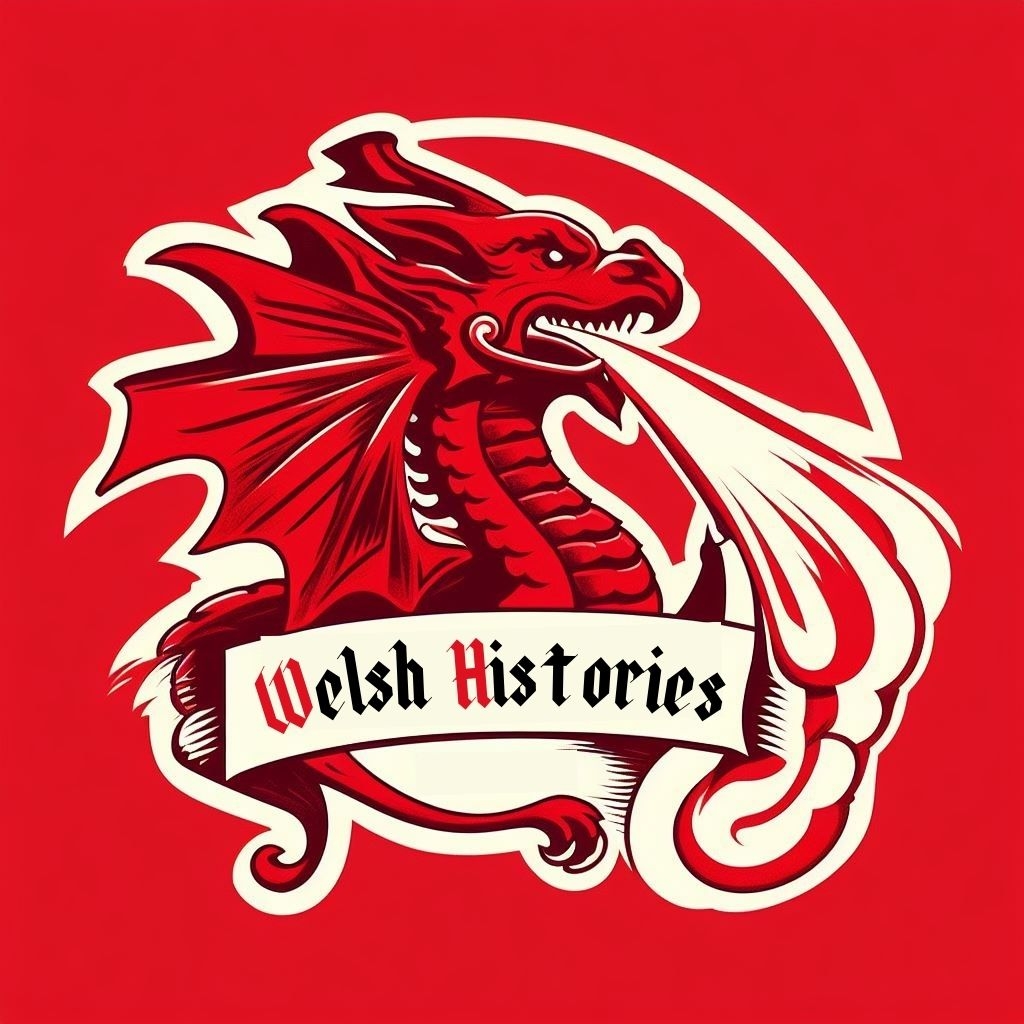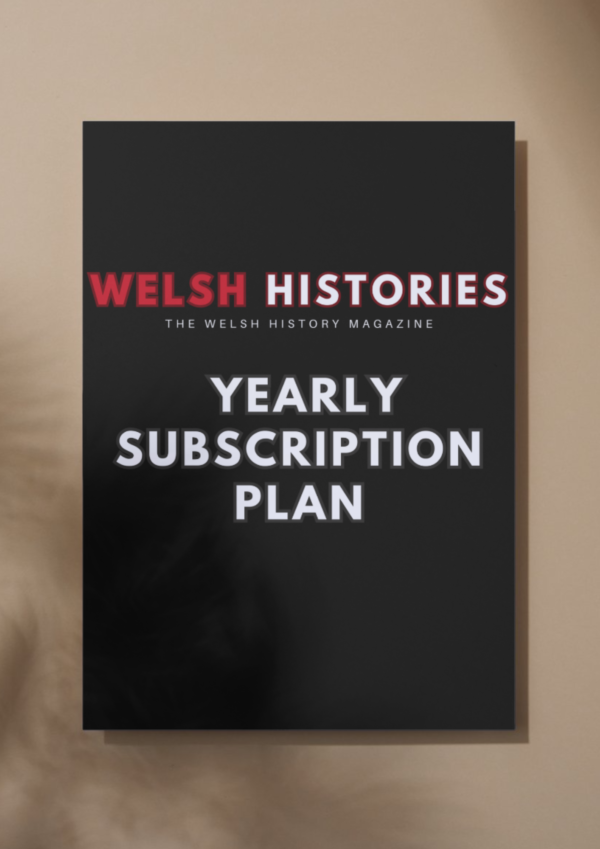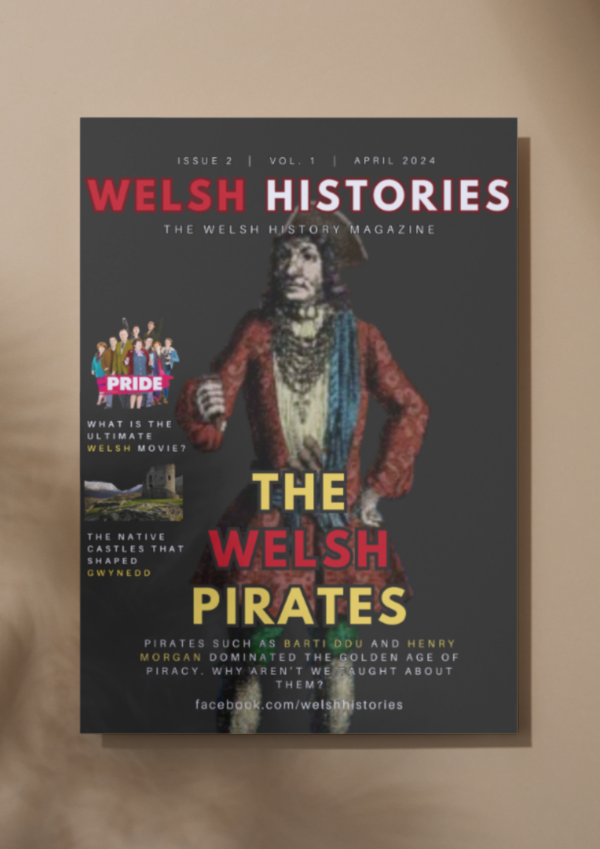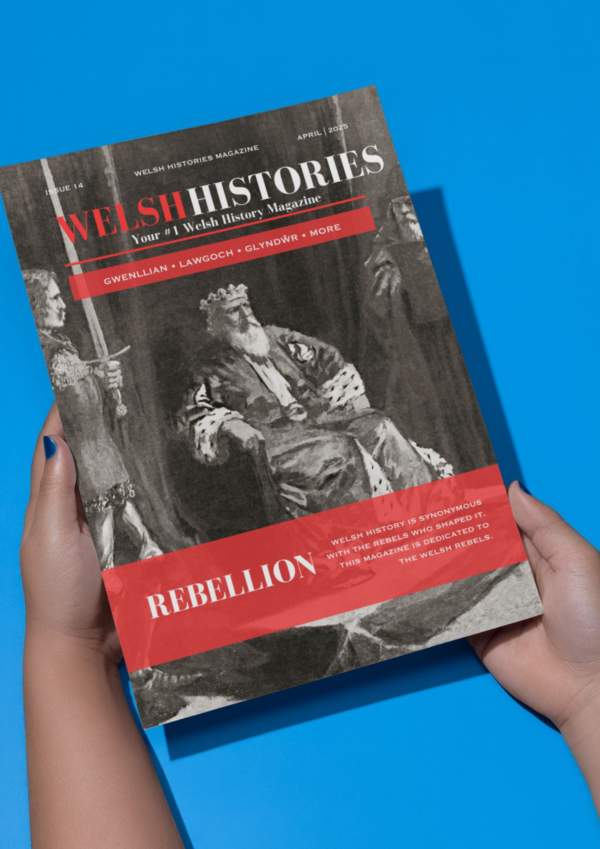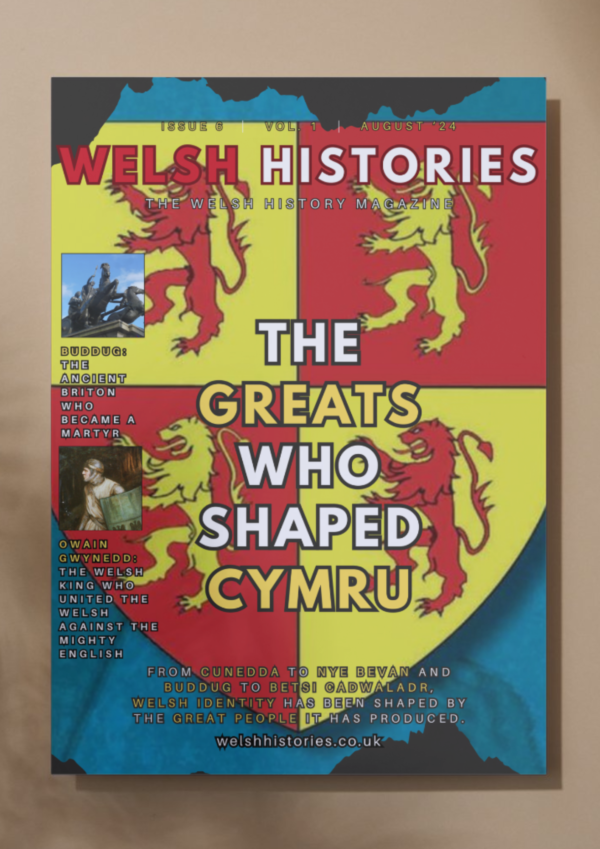Your basket is currently empty!
The Unexpected Link Between Elan Valley, Birmingham, and WWII You Didn’t Realise Existed
This is Cronfeydd Cwm Elan (Elan Valley Reservoirs) in Cwm Elan (Elan Valley), Powys. They consist of a chain of man-made lakes dating back to the late 19th century – when Afon Elan and Afon Claerwen were dammed.
Built in 1893 and first flooded in 1896, Cronfeydd Cwm Elan consists of four main dams and reservoirs with a combined total capacity of nearly 100,000 megalitres.
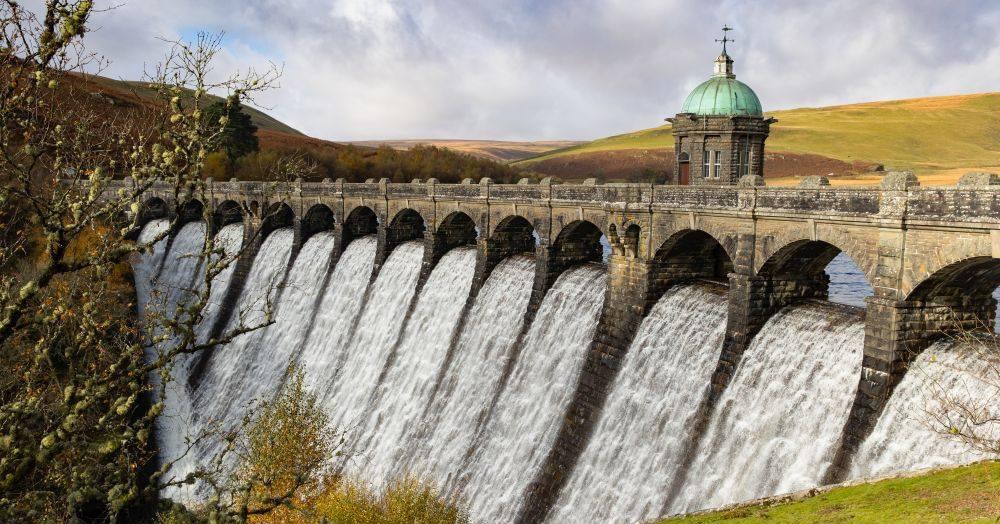
Cronfeydd Cwm Elan was built by workers working for the Birmingham Corporation Water Department, who wished to provide clean water to Birmingham during a period of substantial growth during the Industrial Revolution. Parliament passed the Birmingham Corporation Water Act in 1892, which granted permission for the construction to go ahead.
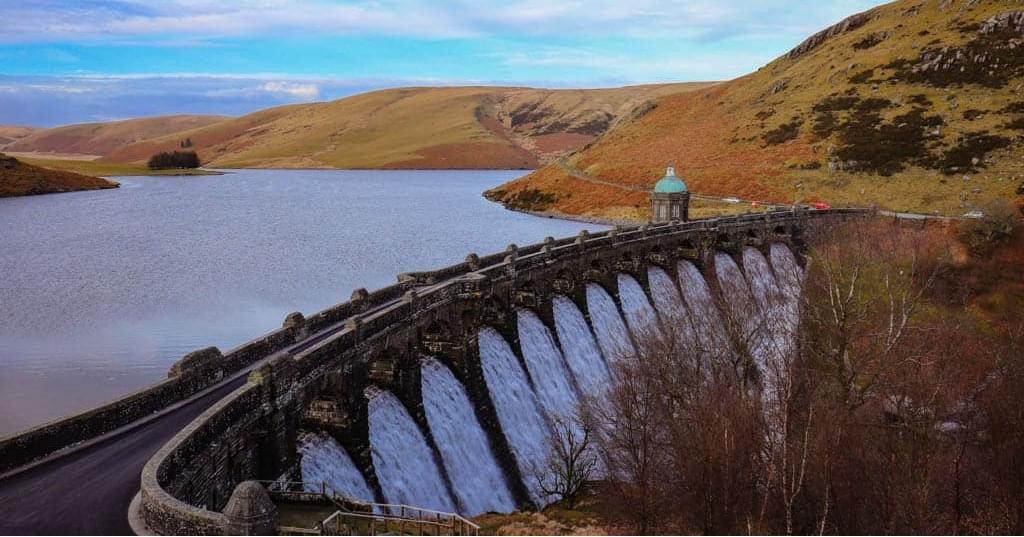
Workers working on the project would live in what became “Elan Village”; a small, wooden hut filled village for workers from Cymru, Ireland, England and one from Bengal, India. Children of the workforce would be educated at a school built within the village, with them being sent to work on the project once of age.
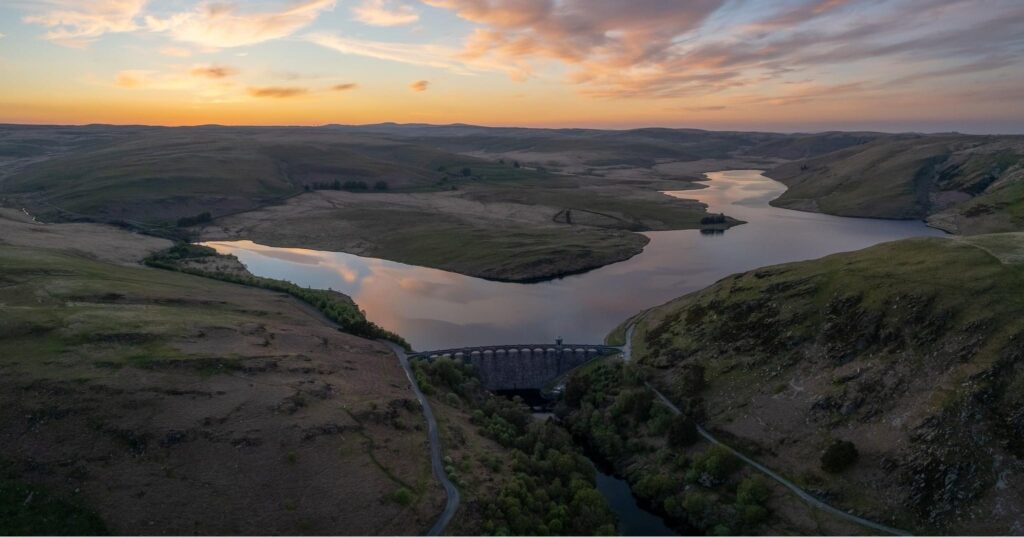
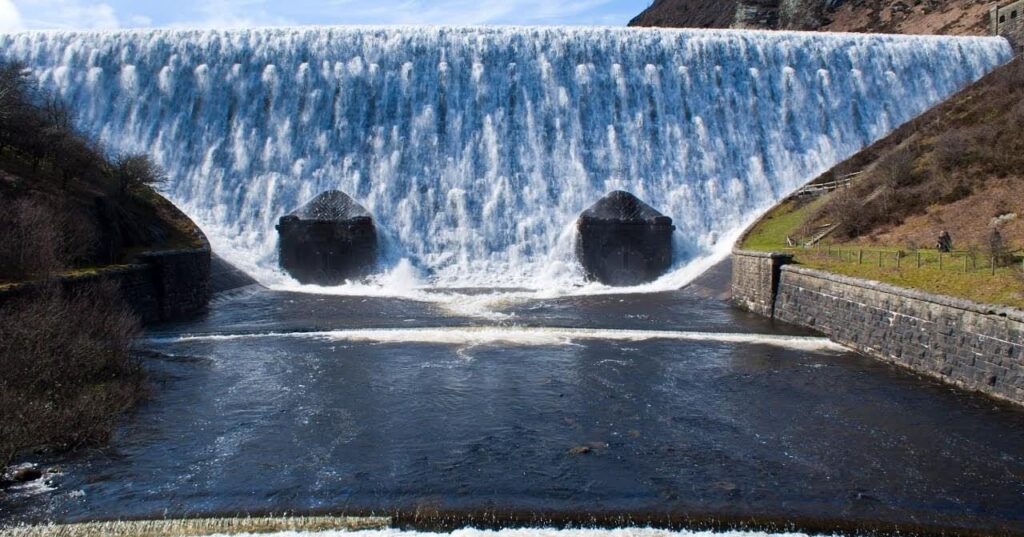
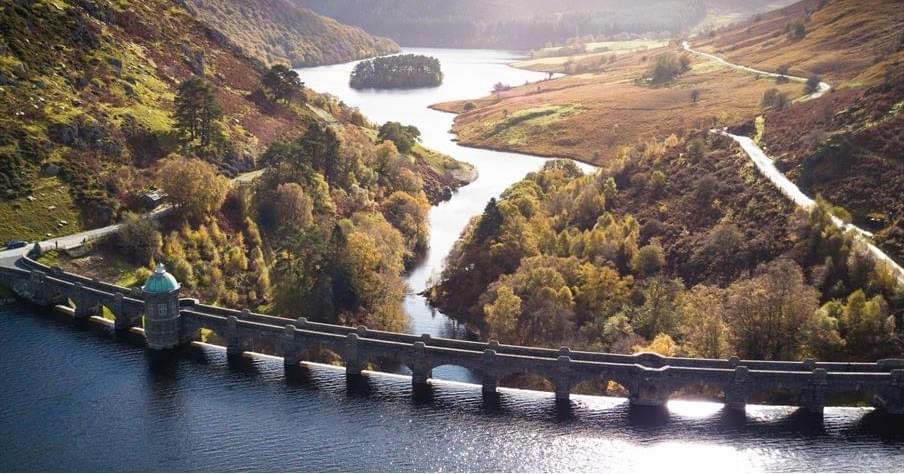
Aside from providing water to Birmingham in the West-Midlands of England, Cronfeydd Cwm Elan was also used to practice testing of the “bouncing bombs” in 1942 – which were used on the Ruhr dams in Germany during the Second World War. Thankfully, their beauty of the area remains intact, though Nant-y-Gro dam remains in its destroyed state to this day.
(Source)
Shop new arrivals
-
(UK + EU) YEARLY Subscription Welsh Histories Magazine
£79.99 -
(US & CAN ONLY) YEARLY Subscription Welsh Histories Magazine
£129.99 -
DIGITAL COPY Welsh Histories Magazine – April 2024
£0.99 -
DIGITAL COPY Welsh Histories Magazine – April 2025
£2.99 -
DIGITAL COPY Welsh Histories Magazine – August 2024
£1.99
More from Welsh Histories
Welsh Histories is a Welsh history celebrating platform which looks to promote all aspects of Welsh history. Though we focus predominantly on native Welsh history, we do also share the non-native aspects from time to time. You can follow us on Facebook; Instagram or Twitter for more. A reader? We also have our very own Welsh Histories Shop where we sell our Welsh Histories Magazine. Diolch yn fawr iawn and keep enjoying Welsh Histories.
Sally is a proud wife of a Welshman, editor & writer of Welsh Histories. She’s all about stories—that shout ‘anything Welsh.’ Drop her an email if you have an advice, insight, experience, or a story to share.
